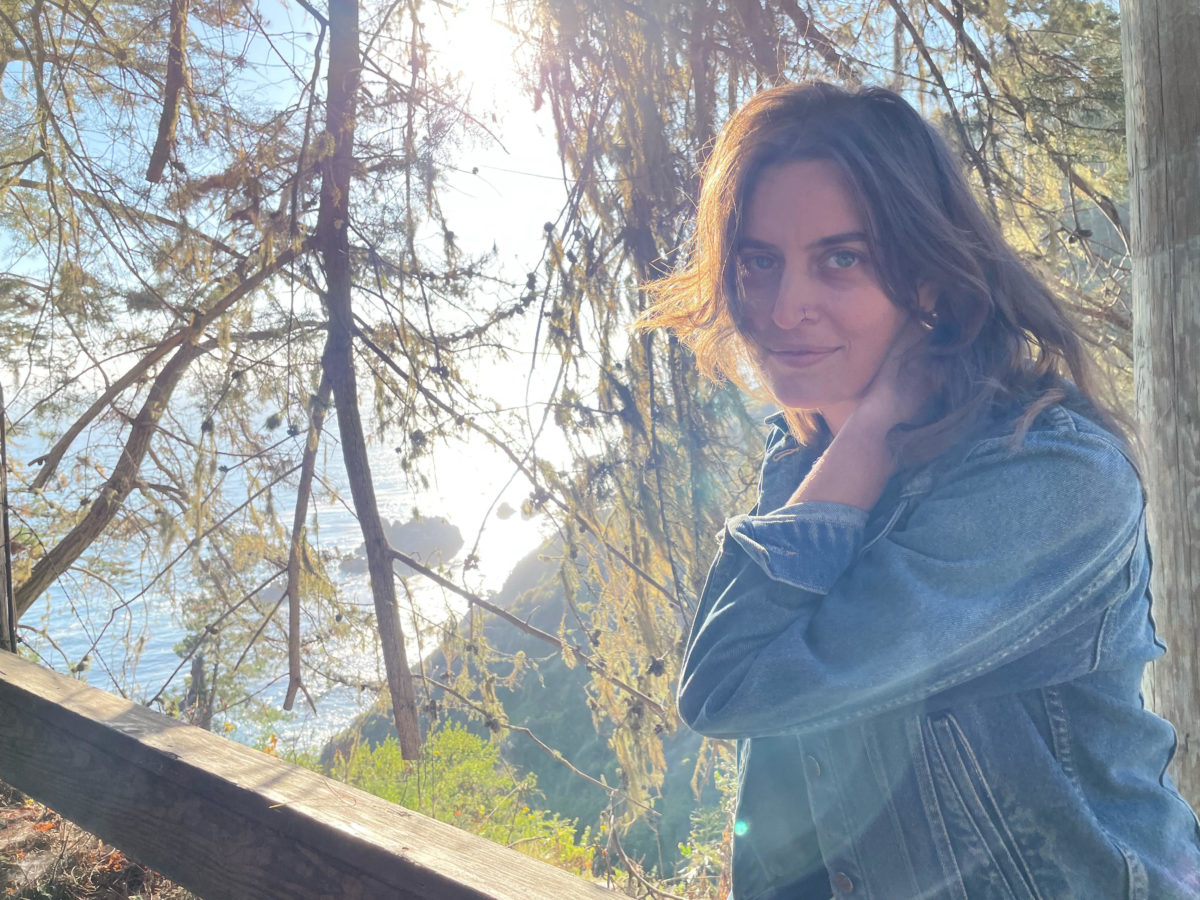
Mik Grantham had talked some hotelier into having a reading series in the lounge. Downtown New Orleans, where the skyscrapers sit in a cluster. She’d also talked the hotelier into paying the readers $400 and a two night stay in the hotel with drinks on them. This was one of those posh places with a gala lobby and a grand piano. I mean, she had made this all happen, not through some college or organization, but through her own force.
You have reached your article limit
Sign up for a digital subscription and continue reading all new issues, plus our entire archives, for just $1.50/month.
Already a subscriber? Sign in




